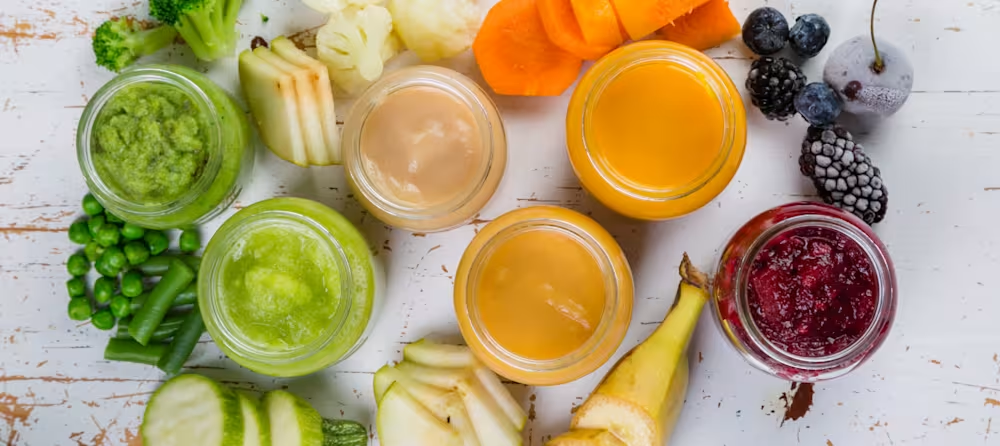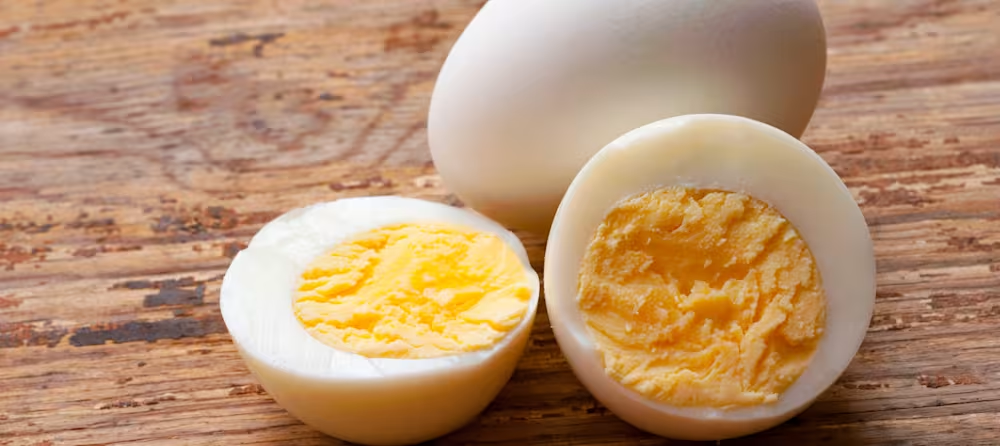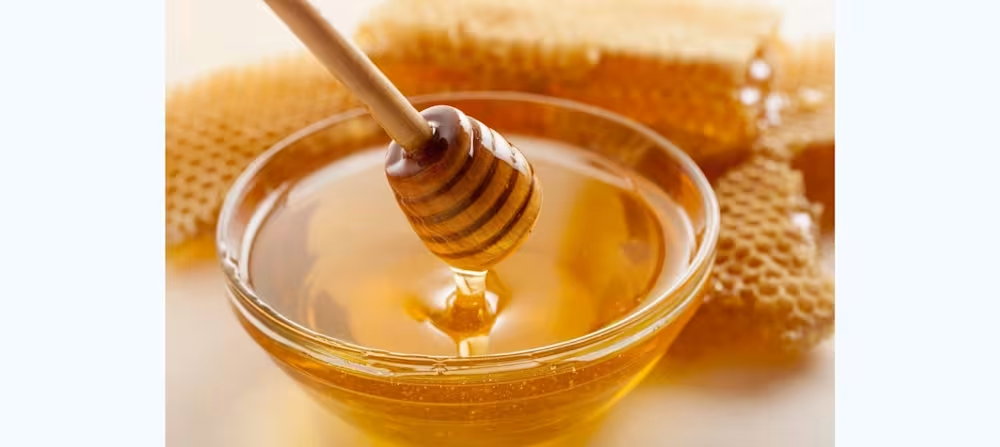Avocado for babies: When can babies eat avocado?
Updated Jan 12, 2026

Avocado is an increasingly popular choice for baby’s first food — and with good reason. Its relatively mild taste and soft texture make it a comforting and easy choice for adults and babies alike.
If you’re thinking about introducing avocado to your baby, keep reading to find out why it’s a nutrient powerhouse and the best ways to serve it.
Can babies have avocado?
Yes! Babies can have avocado starting around 6 months of age when they start eating solid food. Make sure the avocado you’re feeding is soft and ripe before serving. At the store, choose a fruit that gives a little to gentle pressure and has dark, bumpy skin.
Is avocado healthy for babies?
Avocados are packed with nutrition for babies. They’re a good source of healthy fats and fiber as well as full of important vitamins and minerals. Plus, they’re tasty and easy to eat!
Avocado nutrients for babies
When it comes to nutrition, avocados are probably best known for their fat content. The healthy, unsaturated fats they contain provide your baby with much-needed energy and help support brain development. Avocados also contain:
Fiber
Potassium
Folate
B vitamins
Vitamin E
Introducing fruits (such as avocados) and vegetables early on can set your baby up to enjoy them over the course of their lifetime, potentially leading to better health outcomes []. Additionally, research links avocado consumption to improved lifelong cardiovascular health [], weight management [], and type 2 diabetes outcomes [].
When can babies eat avocado?
Babies and toddlers of all ages can eat avocado. It's also a versatile food that doesn't need to be cooked, which makes it very convenient.
Can babies between 6 and 9 months old eat avocado?
Yes — babies 6 - 9 months old can eat avocados. Avocados are rich in healthy fat, which provides energy as well as helps your baby absorb other nutrients. Serve avocados in a puree or cut in strips for baby-led weaning. Try serving them cold out of the refrigerator to ease sore gums if your little one .
Can babies between 9 and 12 months old eat avocado?
Definitely! Babies can continue eating avocados between 9 and 12 months old. As your baby develops their pincer grasp, you may serve them in cubes or include them with other foods.
Can babies over 12 months old eat avocado?
Babies over 12 months old can eat avocados, too! Toddlers may continue to enjoy avocados cut up or you can add them to other foods. Try mashed up on toast, blended into a smoothie, or scooped up as .
How to introduce avocado for your baby
Avocados are typically eaten fresh and can be enjoyed on their own or added to a variety of foods. Try:
A simple avocado toast
As a topping for tacos or quesadillas
In a salsa or a smoothie
Check for ripeness and rinse the outer skin before cutting.
Serving avocado for baby-led weaning
Many babies enjoy avocados when they start baby-led weaning around 6 months of age. Slice pinky-sized strips so they can be easily scooped up with your baby’s palm. If they are too slippery, roll slices in panko bread crumbs or leave a small amount of the skin on the bottom to create a handle. Once your baby uses their pointer finger and thumb to pick up food, you can serve it in small cubes.
Avocado puree for babies
Avocados are one of the easiest foods to serve as a puree. You can blend some up to make a smooth puree or you can simply mash it up with a fork to create a more textured puree. Once your baby advances from purees (around 8 to 9 months), serve avocados cut into small cubes.
Is avocado a common allergen?
Avocado is not one of the common allergens, but it’s possible to have an allergic reaction to avocados. Oral allergies — characterized by itching around the mouth — and latex allergies sometimes occur when consuming or touching avocados. If you have any allergy concerns, call your pediatrician right away.
Is avocado a choking hazard?
Avocados aren’t considered to be a high-risk choking food, especially when they’re soft and ripe. Make sure to serve in a safe size and shape for your baby’s age and feeding ability to further reduce the risk of choking. Lastly, do a quick check for any pieces of the seed before serving it to your baby.
Takeaway
Avocado is a great first food: Babies can safely eat avocado starting around 6 months, as long as it’s ripe, soft, and served in an age-appropriate way.
It’s packed with brain-boosting nutrients: Healthy fats, fiber, and key vitamins make avocado a nourishing choice that supports growth and development.
It grows with your baby: From purees and baby-led weaning strips to cubes, toast, and smoothies, avocado can be served in many ways as your baby’s eating skills advance.
Allergy and choking risks are low: Avocado isn’t a common allergen or high-risk choking food, but proper prep and supervision still matter.
Simple, flexible, and family-friendly: Avocado is easy to prepare, doesn’t need cooking, and works well as a standalone food or mixed into meals.
Share article:
Note: The content on this site is for informational purposes only and should not replace medical advice from your doctor, pediatrician, or medical professional. If you have questions or concerns, you should contact a medical professional.
4 Sources
Share article:









